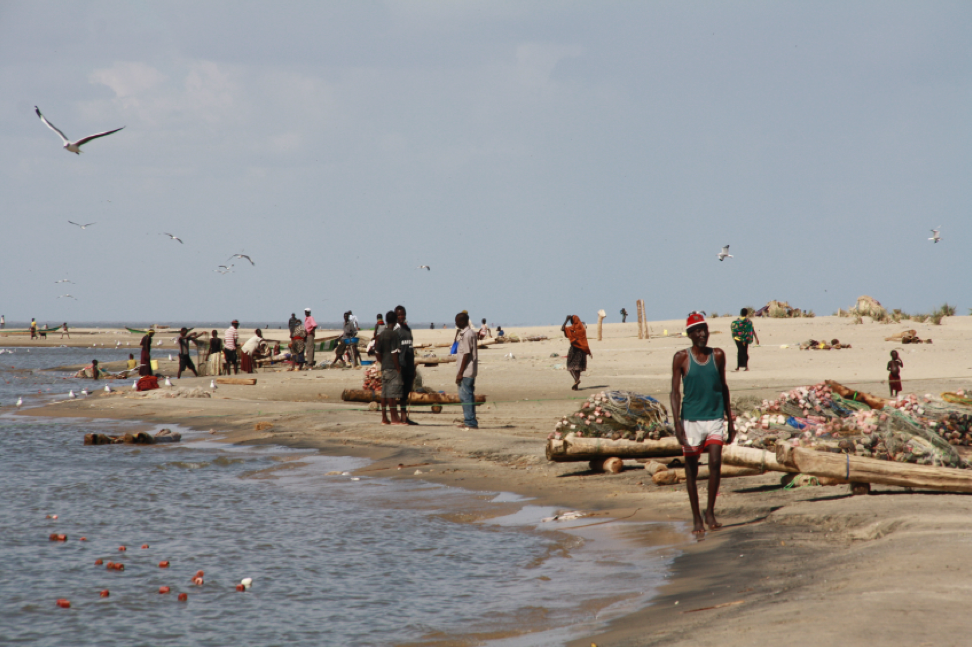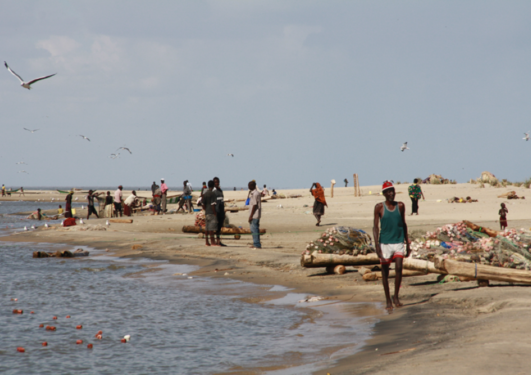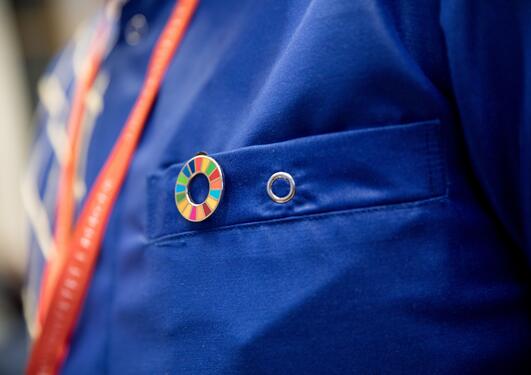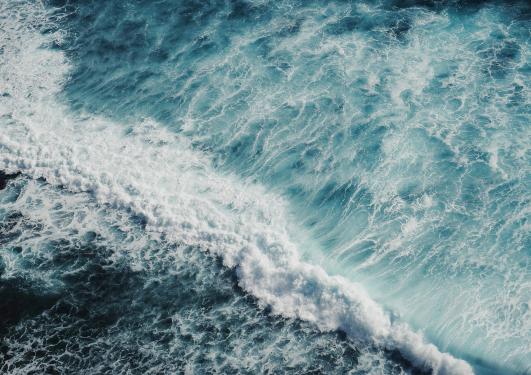Supporting small fish to fight food insecurity
Small fish have huge potential to alleviate malnutrition and safeguard food security in Sub-Saharan Africa and across the globe. An interdisciplinary project headed by the University of Bergen has been awarded 1 million Euros.

Main content
The SmallFishFood project is the result of many years of collaboration between researchers across disciplines at the University of Bergen (UiB) and partners across the globe. The project ties in directly with no less than three of the Sustainable Development Goals (SDGs).
The nutritional value of small fish
Professor Jeppe Kolding from UiB's Department of Biological Sciences is the coordinator for the project, which has been awarded one million Euros through an EU/African LEAP-Agri grant.
“Small fish are vitamin and micronutrient bombs,” says Professor Kolding, who specialises in small-scale fisheries in developing countries.
The funding enables the team to embark on a large, long-term project in Sub-Saharan Africa, which takes its starting point from the fact that nutrients in fish can play a significant role in combating the triple burden of hunger, micronutrient deficiencies and non-communicable diseases.
“Catching small fish, which are sun-dried and consumed whole, is also the most high-yielding, eco-friendly, low CO2-emission and nourishing way of utilizing aquatic resources,” says Kolding.
The sustainability of small fish
The SmallFishFood consortium aims to shift small fish – including sardines and small indigenous species (SIS) – to the forefront of the global food security agenda.
To accelerate this shift, a two-day workshop in Bergen in March 2018 highlighted the advantages of utilizing small fish as a pro-poor livelihood and food resource; identified barriers to small fish utilization; and shaped strategies to integrate small fish into food systems to improve nutrition.
According to Kolding the new project directly addresses three of the SDGs: SDG2 (Zero Hunger), SDG3 (Good Health and Well-Being), and SDG14 (Life Below Water).
Interdisciplinary and international
Together with UiB one of the partners in the project, the University of Ghana (UG), is a fellow member of the Worldwide Universities Network (WUN). The long history of collaboration between UiB and UG nurtured through WUN will also help smooth the way as researchers conduct value chain (food system) research in four interconnected teams examining fish harvesting, nutrition and food security, governance, and processing and marketing.
“The intended impact and potential ramifications arising from our research are huge,” says Kolding. “Unleashing the full potential of small fish to enhance nutrition will be of global relevance in achieving the SDGs.”
Other partners include universities in the Netherlands, Germany, Uganda and Kenya. The research team is interdisciplinary, and Professor Ragnhild Overå from UiB's Department of Geography is another key member of the SmallFishFood consortium.



